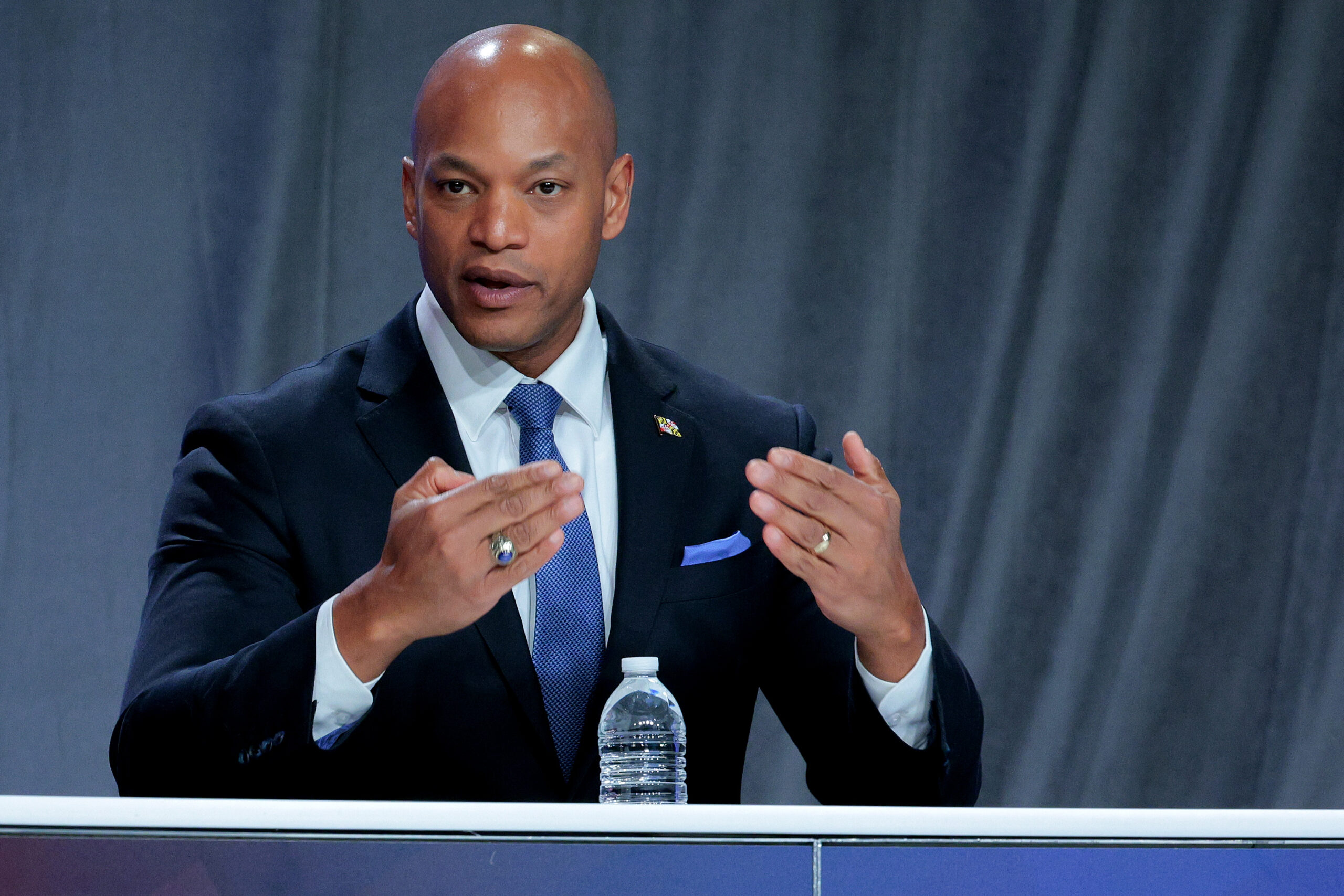Wes Moore fans flames on 2028 run as South Carolina headliner
Maryland Governor Wes Moore continues to be a subject of national political speculation despite his repeated statements that he is not running for president in 2028. Moore insists his focus remains on leading Maryland and seeks reelection amidst economic challenges, including a $3.3 billion budget deficit and the recent loss of the state’s triple-A bond rating from Moody’s. He attributes part of the state’s economic difficulties to federal downsizing under the Trump administration, which disproportionately affects Maryland due to its large population of federal workers. In response, he and the Democratic-controlled legislature enacted a balanced budget through $2 billion in spending cuts and $1.6 billion in tax and fee increases, mainly targeting high-income earners.
Moore, Maryland’s first Black governor and a former Robin Hood Foundation CEO, continues to raise his national profile, with appearances such as an upcoming speech in South Carolina. Though criticized for vetoing a bill to study reparations, Moore emphasized action to address systemic disparities. The political landscape remains favorable for Democrats in Maryland, but the prospect of former Republican Governor Larry Hogan returning could heighten future electoral competition.
Despite his denials, Moore’s national exposure fuels speculation about a potential 2028 presidential run. His recent speech at Lincoln University, a historically Black college his grandfather once attended, emphasized a new form of patriotism that acknowledges America’s flaws while striving for its betterment. Drawing from his family’s history, including his grandfather fleeing the Jim Crow South due to Ku Klux Klan threats, Moore emphasized honest civic engagement over blind nationalism or disillusioned disengagement.
Moore’s compelling personal narrative, military service, and leadership experience have positioned him as a rising star in the Democratic Party. His speech at the 2024 Democratic National Convention highlighted themes of inclusive patriotism and civic duty, resonating with many party members. Observers note that Moore’s background and oratory skills make him a strong potential candidate for national office.
Political figures like former San Francisco Mayor Willie Brown have publicly stated that Moore could be the next in line for the Democratic nomination after Vice President Kamala Harris, citing his credentials and appeal across diverse demographics.
While Moore maintains that he is not running for president in 2028, his continued national engagements and rising profile suggest that he remains a significant figure in the Democratic Party’s future. As the political landscape evolves, Moore’s actions and decisions will likely continue to attract attention and speculation regarding his potential candidacy.



